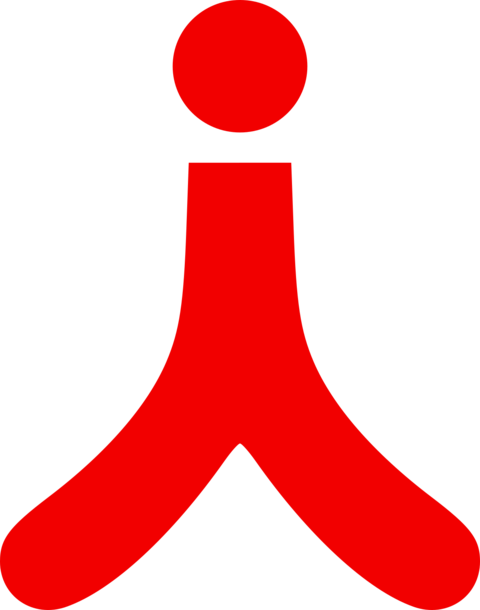HAI 2017 is the 5th annual International Conference on Human-Agent Interaction. It aims to be the premier interdisciplinary venue for discussing and disseminating state-of-the-art research and results that have implications across conventional interaction boundaries including robots, software agents and digitally-mediated human-human communication.
The theme for HAI 2017 is “How autonomy shapes interaction”. During the last decade a large body of research has been devoted on increasing the interaction quality with artificial agents. This has now reached a quite convincing level for focused application scenarios. However, with robots and agents entering our everyday lives such scenarios will require more initiative and flexibility from the agent, i.e. more autonomy. Such autonomous behavior means, on the other hand, that the interaction will become less predictable. This may become problematic given the strong research focus on statistical behavior models that focus on observable behavior based on rather shallow structures. These models may not be able to capture the underlying interaction structure in less restricted scenarios. We thus need a better understanding and model of the underlying interaction principles that not only takes situational and task aspects into account but also includes detailed user models. Therefore, a stronger research focus is needed to better understand the underlying principles of interaction between autonomous agents, leading to better and deeper models of interaction. We thus encourage contributions that try to tackle this question by focusing on more realistic and life-like scenarios.
The conference seeks contributions from a broad range of fields spanning engineering, computer science, psychology and sociology, and will cover diverse topics, including: human-robot interaction, affective computing, computer-supported collaborative work, gaming and serious games, artificial intelligence, and more.
Topics of interest include, but are not limited to,
- designs and studies of Human-Agent Interaction, including quantitative
and qualitative results - theoretical models of Human-Agent Interaction
- technological advances in Human-Agent Interaction
- impacts of embodiment (e.g., physical vs digital, human vs animal-like)
- experimental methods for Human-Agent Interaction
- character and avatar design in video games
- agents in social network
This includes more targeted results that have implications to the broader
human-agent interaction community:
- human-robot interaction
- human-virtual agent interaction
- interaction with smart homes and smart cars
- distributed groupware where people have remote embodiments and representations
- and more!
Full papers, posters, late-breaking results, tutorial/workshop overviews will be archived in the ACM Digitial Library.
Submission and Reviewing
HAI 2017 will accept ONLY online submission of PDF files in the ACM SIGCHI format (www.sigchi.org/publications/chipubform). ACM copyright area should be left blank. Full paper submissions should be anonymized, 4 -8 pages long (references do not count toward the page limits). Please visit the submission page hai-conference.net/hai2017/submission for more details on preparations for paper submission.
All submitted paper will be reviewed by at least three reviewers and will receive a meta review for quality assurance. Papers will be evaluated on the basis of research originality, excellence, significance and relevance to HAI. We also invite position papers, preliminary (but high impact) studies, and concept papers.
Important Dates
Full Paper Submission (4-8 pages)
05 June 2017: Deadline for submission of full papers
17 July 2017: Notification of acceptance of full papers
04 August 2017: Final camera-ready papers due
Tutorial/Workshop Proposal Submission
05 June 2017: Deadline for submission of proposals
08 June 2017: Notification of acceptance of proposals
Poster and Late-breaking Submission (2-4 pages)
25 July 2017: Deadline for submission of posters
15 August 2017: Notification of acceptance of posters
18 August 2017: Final camera-ready papers due
